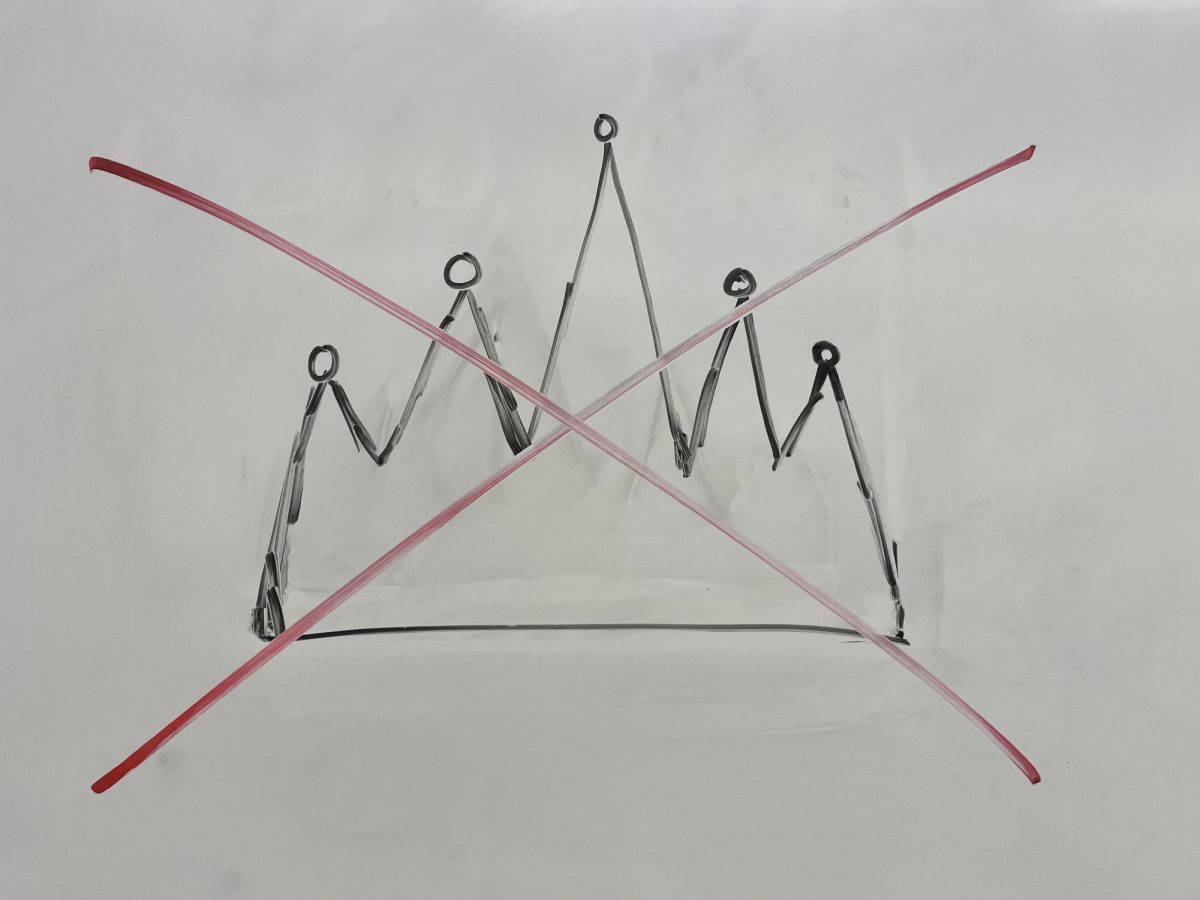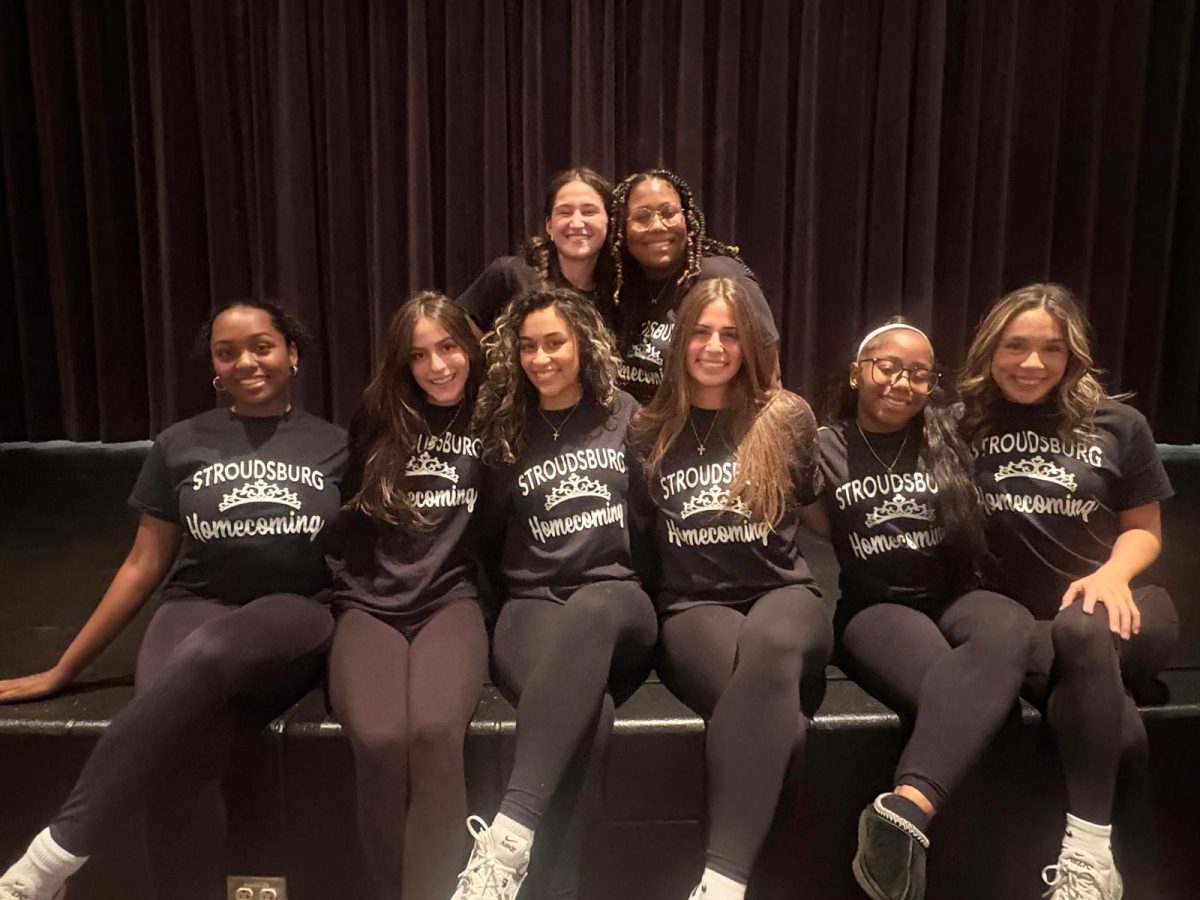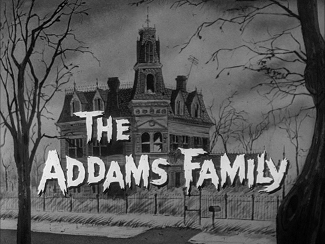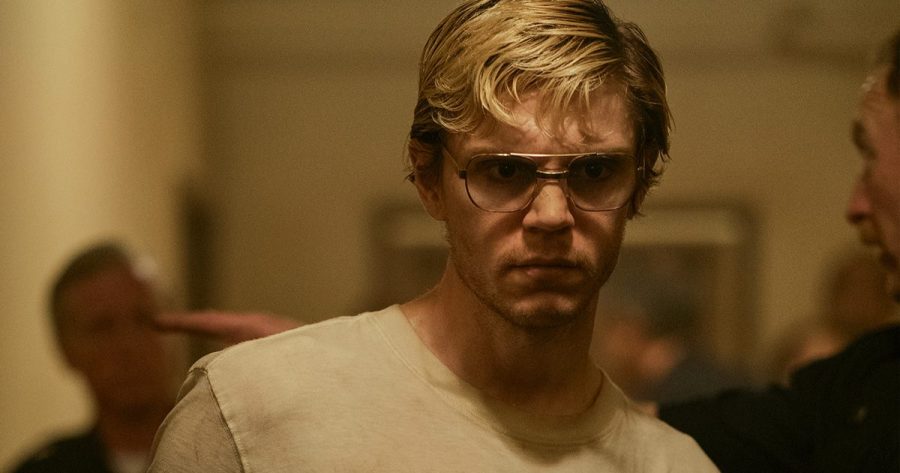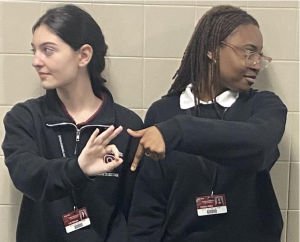Netflix series Monster creates creepy controversy
Criticism, Classism, and Cannibalism
Netflix’s Monster: The Jeffrey Dahmer Story follows serial killer Jeffrey Dahmer in his life and crimes, and offers a voice to the victims and their families.
October 28, 2022
A monster named Dahmer has come crashing onto the true-crime scene — followed by waves of praise from critics and fans as well as heaps of criticism and disapproval.
The show Monster: The Jeffrey Dahmer Story has garnered quite a famed reputation for being grotesque, uncanny, and terrifying. This is primarily due to the haunting performance given by Evan Peters as the notorious Milwaukee cannibal. From the careful and delicate camera work to the eerie retro soundtrack, the Ryan Murphy original encapsulates the terrifying life of the famed Milwaukee cannibal. The Dahmer Netflix series retells the horrific life and acts of American serial killer, Jeffrey Lionel Dahmer, who was convicted of the sexual assault, murder, and dismemberment of 17 young men and boys between 1978-1991. This case was particularly shocking to the public, specifically the city of Milwaukee, due to the outrageous behavior of the police throughout the murders.
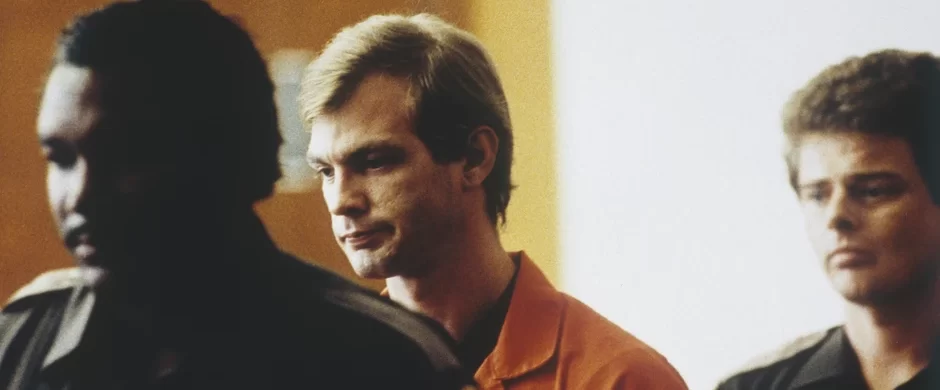
Despite the gory subject matter, the show has blown up, becoming the second most viewed TV English series of all time following closely behind the hit show, Stranger Things. The show has also been on the receiving end of a wave of criticism. Many say the show has unearthed the deep-seated trauma that the victims’ families had finally put to rest. Junior Lexana Gonzalez criticizes the media for repeatedly making media surrounding the titular killer.
“There have already been five or six shows and movies based around [Dahmer]. We need to let the hype die down and stop bringing up this trauma over and over, especially without the victims’ families’ permission.”
Other critics believe that the show glorifies Dahmer, and forces the audience into a position in which they feel compelled to empathize with, and sometimes even defend his actions.
From the second episode to the time he is caught, the audience watches Dahmer grow up, and learns about potential risk factors, such as his parents and his repressed sexuality, that may have contributed to his wicked acts later in life. Science teacher David Hakim offers insight into the man himself.
“Maybe he wanted to have some sense of control, especially considering being gay is hard, especially back then, in terms of society’s point of view.
[Maybe] because he couldn’t control that social aspect of his life, he wanted to give in to his desires, which probably led to the path he chose to take.”
For good reason, some viewers found the idea that the writers would try to get the audience to empathize with a killer very disturbing.
Those in favor of the show’s success say this the show does the opposite. They say the show works to dispel all glorification and romanticization of the serial killer. Senior Cole Manetta-DeHaven, who aspires to be a film director, commented on the show.
“The aspect of racism and homophobia, as well as the privilege Dahmer had, is something I only found out about through the show since before all I thought was, ‘Oh this guy is just some serial killer,’ without knowing the social parts of it.
I believe the show was very respectful in giving the victims a voice they didn’t really have, due to discrimination. It didn’t really glorify Dahmer’s actions as much as it highlights under-represented parts of the case.”

Others evidently agree and feel that the show is good in its depiction of Dahmer and his victims. The show uses its influence to tell the stories of the victims and the communities traumatized by Dahmer, placing little emphasis on the serial killer’s own motives and intentions. According to them, the show is only told from the perspective of the victims, and Dahmer is only there as an instrument to their story.
Overall, the reception of the show has been stormy, yet one thing is for sure; the show has been groundbreaking on many levels. From the focus on racial and sexual orientation-based discrimination in our society to the dismissiveness in regard to mental health, this show casts a light on many issues and leaves the audiences either stunned or angry at Dahmer and the authorities involved.
Several SHS students ranked Dahmer – Monster: The Jeffrey Dahmer Story on a scale from 1 – 10.
Sophomore Alexandra Almodovar- 8/10
Senior John Gerken- 9/10
Junior Cami Trauschke- 5/10
Senior Cole Manetta-DeHaven- 6.8/10
Junior Zoe-Marie Brown- 7/10
Junior Miyah Satterfield- 10/10
Senior Simone Odrain- 7/10
Junior Lexana Gonzalez- -1/10



